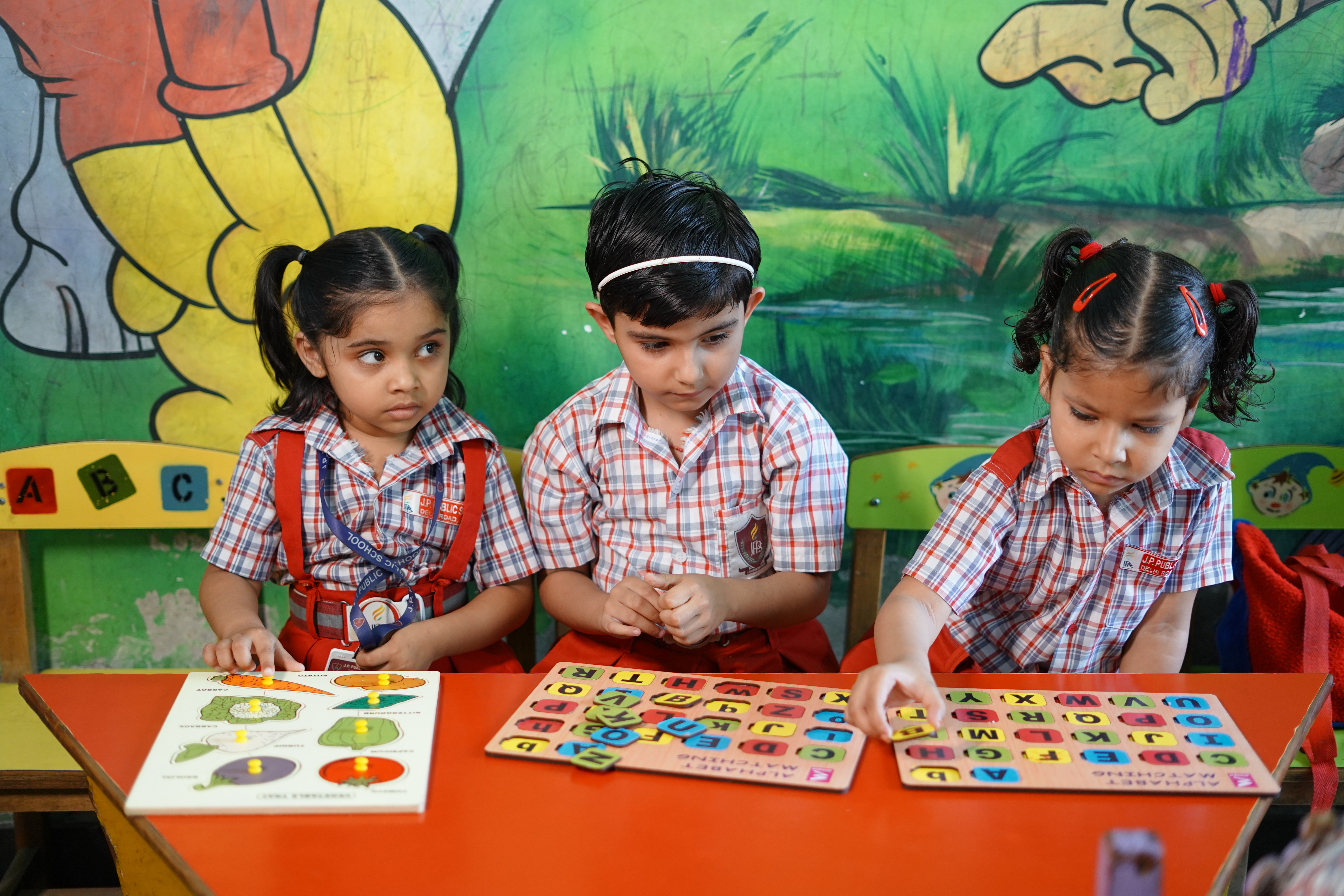
Education is the most powerful weapon which you can use to change the world.
We focus on Holistic development of learners
The key overall thrust of curriculum and pedagogy reform across all stages will be to move the education system towards real understanding and towards learning how to learn, and away from the culture of rote learning as is largely present today. The aim of education will not only be cognitive development, but also building character and creating holistic and wellrounded individuals equipped with the key 21st century skills. Ultimately, knowledge is a deep-seated treasure and education helps in its manifestation as the perfection which is already within an individual.
Critical Thinking
Curriculum content is reduced in each subject to its core essentials by CBSE to make space for critical thinking and more holistic, inquiry-based, discovery-based, discussion-based, and analysis- based learning. Teaching and learning is conducted in a more interactive manner; questions are encouraged, and classroom sessions contain more fun, creative, collaborative, and exploratory activities for students for deeper and more experiential learning.


Experiential learning
In all stages, experiential learning is adopted, including hands-on learning, arts-integrated and sports-integrated education, story-telling-based pedagogy, among others, as standard pedagogy within each subject, and with explorations of relations among different subjects. Art-integrated education is embedded in classroom transactions not only for creating joyful classrooms, but also for imbibing the Indian ethos through integration of Indian art and culture in the teaching and learning process at every level. This art-integrated approach will strengthen the linkages between education and culture. Sports-integration is another cross-curricular pedagogical approach that utilizes physical activities including indigenous sports, in pedagogical practices to help in developing skills such as collaboration, self-initiative, self-direction, self-discipline, teamwork, responsibility, citizenship, etc. Sports-integrated learning will be undertaken in classroom transactions to help students adopt fitness as a lifelong attitude.
